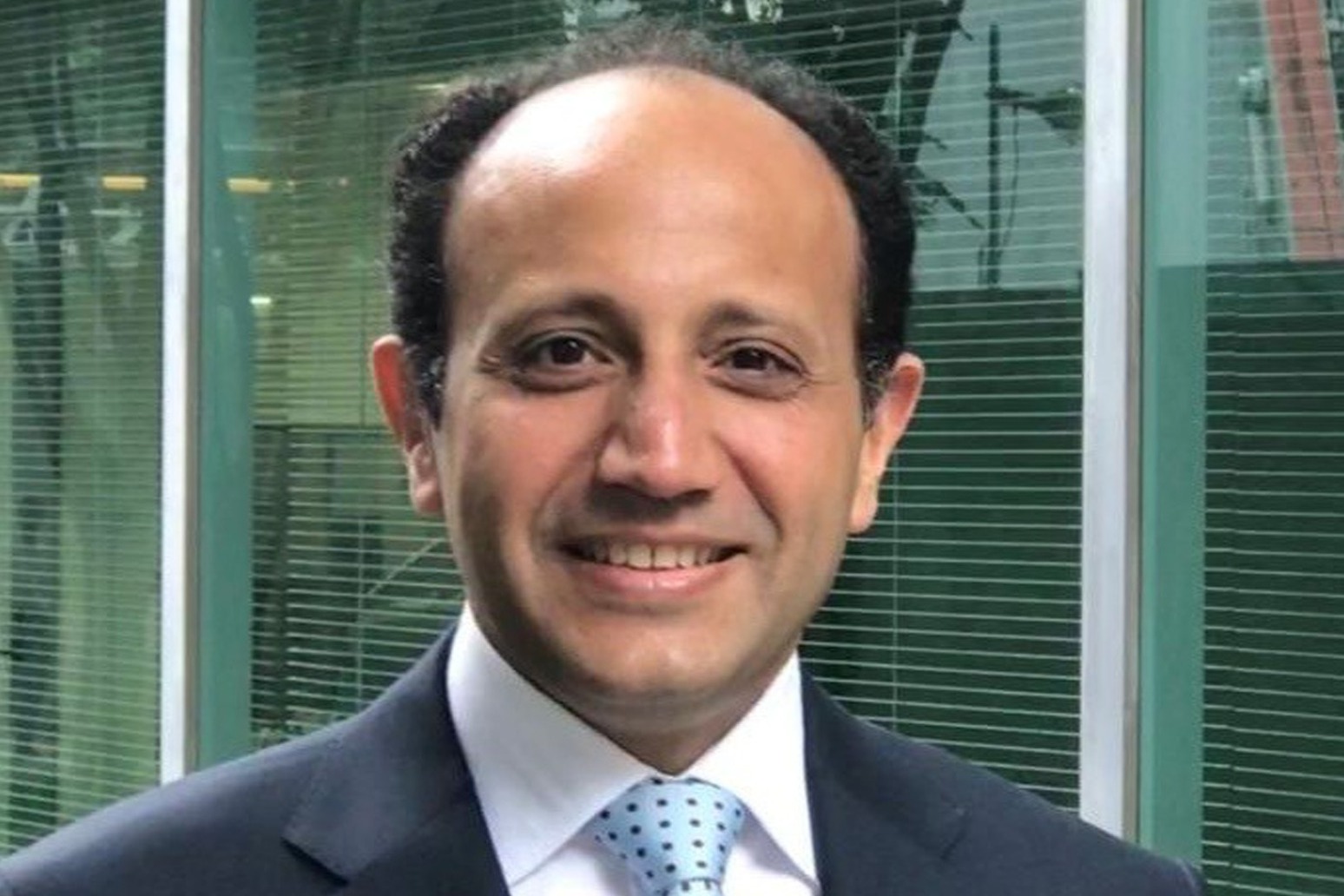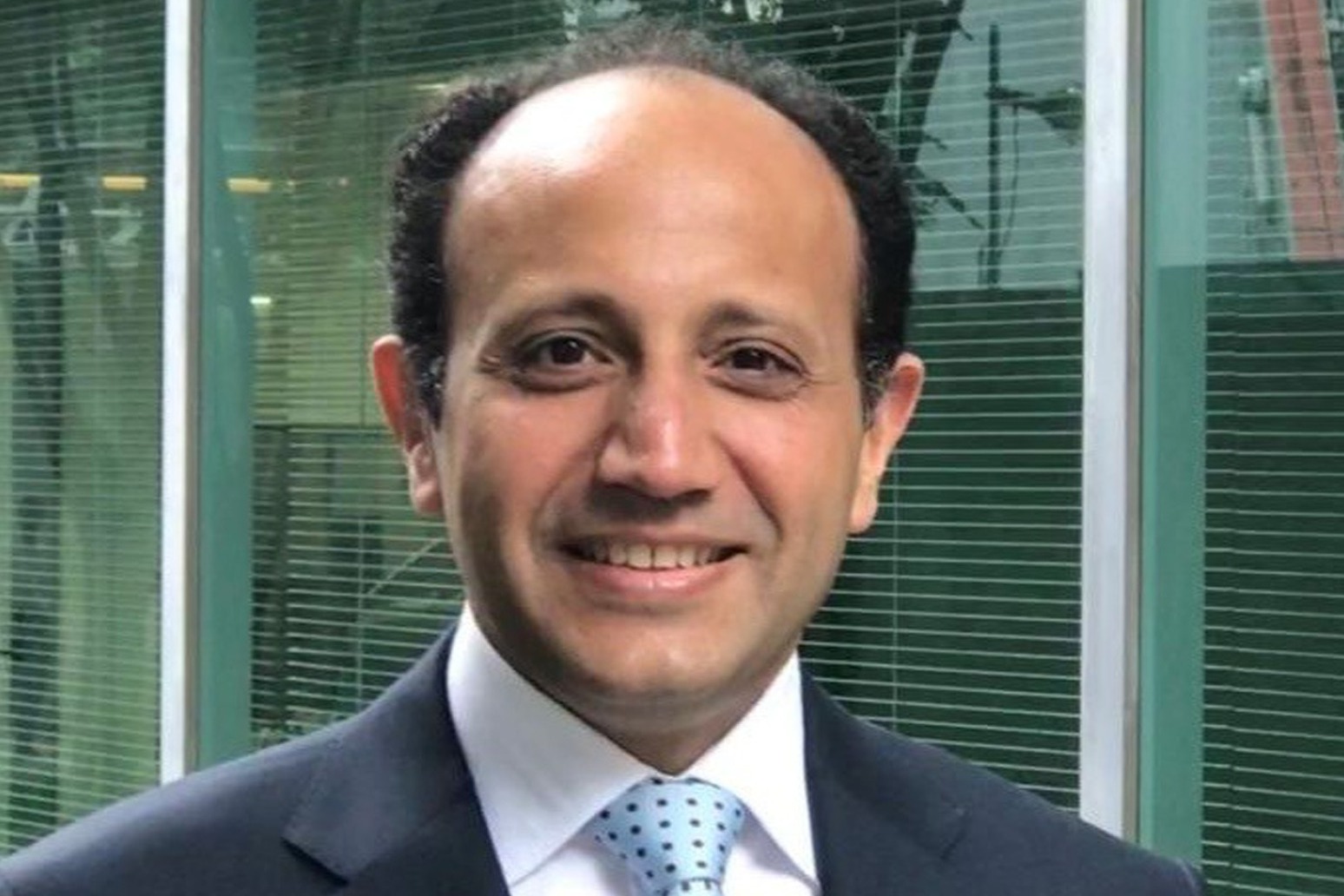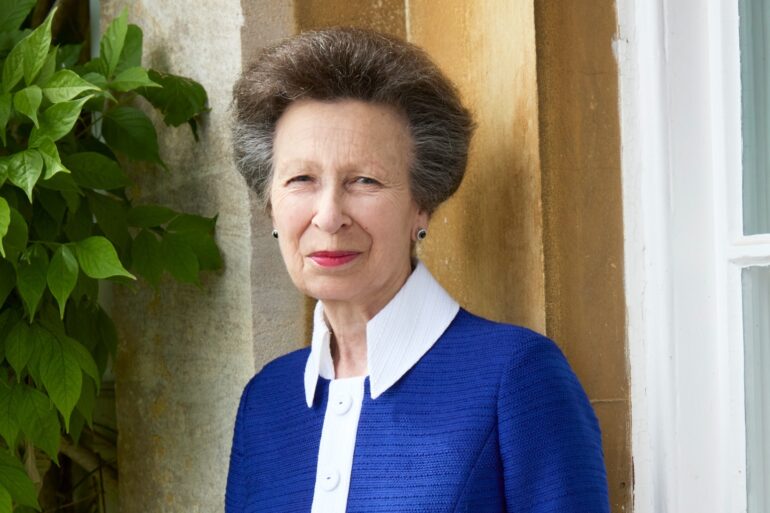Listeners:
Top listeners:
-
 play_arrow
play_arrow
WBPL – LIVE As Blackpool As You Are
 Adele - Easy On Me
Wow I love this song! Thank you for your amazing music!
Aria R.
Adele - Easy On Me
Wow I love this song! Thank you for your amazing music!
Aria R.
 Deep Purple - Smoke On the Water
Shoutout to the rainbow in my life, Gina!
Orion S.
Deep Purple - Smoke On the Water
Shoutout to the rainbow in my life, Gina!
Orion S.
 Luna Park - Space Melody (Radio Version)
Calling my cosmic companion, Jane! Hit play and let's embark on a musical space journey.
Luna Park - Space Melody (Radio Version)
Calling my cosmic companion, Jane! Hit play and let's embark on a musical space journey.
Worlds first vaccine for ovarian cancer could wipe out the disease


The world’s first vaccine for ovarian cancer – being developed in the UK – could wipe out the deadly disease, researchers say.
Scientists at the University of Oxford are creating OvarianVax, a vaccine which teaches the immune system to recognise and attack the earliest stages of ovarian cancer.
The hope is that the jab could be given to women preventatively on the NHS with the aim of eliminating the disease.
Experts suggest it could work in a similar way to the human papillomavirus (HPV) jab, which is on track to stamp out cervical cancer.
For the new work, Professor Ahmed Ahmed, director of the ovarian cancer cell laboratory at MRC Weatherall Institute of Molecular Medicine the University of Oxford, and his team are identifying cellular targets for the vaccine.
They will establish which proteins on the surface of early-stage ovarian cancer cells are most strongly recognised by the immune system, and how effectively the vaccine kills mini-models of ovarian cancer in the lab.
They will then move on to human clinical trials in people with BRCA gene mutations – which massively increase the risk of ovarian cancer – and healthy women in the general population to see if the disease could be prevented.
Cancer Research UK is funding the study with up to £600,000 over the next three years.
Prof Ahmed told the PA news agency that, if the jab is successful, he would expect to start seeing an impact within the next five years.
Asked if ovarian cancer could be wiped out with the new vaccine, he said: “Absolutely – that would be the aim. We still have a long way to go but it is a really exciting time. I’m very optimistic myself.”
For the work, scientists will create the vaccine in the lab, with the aim of training the immune system to recognise more than 100 proteins on the surface of ovarian cancer, known as tumour-associated antigens.
They will then move to testing the vaccine in patients with the disease.
Prof Ahmed said: “The idea is, if you give the vaccine, these tiny tumours will hopefully either reduce, shrink really significantly, or disappear. That would give us the sign that the vaccine is working.”
The next stage would then be to include women with BRCA mutations and a wider general population of women without known disease to see whether “the vaccine would be suitable for all” in preventing ovarian cancer.
Prof Ahmed said: “Let’s imagine that it all goes well, and the vaccine really works well.
“Now, the obvious population who would benefit from this are the BRCA1 and BRCA2 mutation carriers, because they have a very high chance of getting ovarian cancer.
“If you give it to those patients and it’s effective, then you get the best health economics and the best cost-effectiveness.
“The question then becomes – would it really benefit the general population? … Could you offer it to everyone?”
At the moment, there is no screening test for ovarian cancer, which is often diagnosed in late stages because the symptoms – such as bloating and no appetite – can be vague.
However, it is known that women with BRCA mutations, such as actress Angelina Jolie, are at high risk.
Almost 45% of people with an altered BRCA1 gene and almost 20% with an altered BRCA2 gene will develop ovarian cancer by the age of 80, compared with just 2% in the general population.
Currently, women with BRCA1/2 alterations are recommended to have their ovaries removed by the age of 35, which means they go through early menopause and cannot have children in the future.
Prof Ahmed said BRCA mutation carriers could benefit greatly from the new vaccine because “they wouldn’t then have to have their ovaries removed”.
However, he said his team will be trying to get the best components included in the vaccine so it “would be effective for as many people as possible”, including the wider population.
He added: “I am optimistic because we are talking about preventing the very first few cancer cells that develop – and not trying to cure or treat or prevent the tumour coming back.
“I’m hoping that, because the number of cells that we will be targeting is quite small, we will have success.
“We’ve seen success with the HPV vaccine – it’s really, really incredibly effective.”
Prof Ahmed told PA that “while the full blown timeline” for a vaccine being approved “might be many years away”, the “impact that it would have, if it’s successful, would hopefully be much sooner”.
He said that, through the clinical trials, he would hope to start seeing the impact of the vaccine “in four or five years on the healthy population”.
There are around 7,500 new ovarian cancer cases every year in the UK, with BRCA mutations accounting for around 5%-15% of these cases.
Michelle Mitchell, chief executive of Cancer Research UK, said: “Projects like OvarianVax are a really important step forward into an exciting future, where cancer is much more preventable.
“This funding will power crucial discoveries in the lab which will realise our ambitions to improve ovarian cancer survival.
“OvarianVax builds on the exciting developments in vaccine technology during the pandemic.
“This is one of many projects which we hope will give women longer, better lives, free from the fear of cancer.”
IMAGE: Professor Ahmed Ahmed, director of the ovarian cancer cell laboratory at MRC Weatherall Institute of Molecular Medicine at the University of Oxford. Published: by Radio NewsHub
Written by: admin
Similar posts
-
Recent Posts
- Veteran Says Horrors Of War Should Never Be Forgotten On Anniversary Of VJ Day
- Annes Milestone 75th Birthday Marked With New Photograph
- Government Turns To TikTok To Highlight Risks Of Cosmetic Surgery Abroad
- King And Queen To Honour Veterans On 80th Anniversary Of VJ Day
- Starmer Could Attend Second US Russia Meeting On Ending Ukraine War Says Trump
Chart
-

1
Jonas Blue, Liam Payne And Lennon Stella
Polaroid
-

2
Tanja Thomas
One Way Ticket (To The Blues)
-
3
The Monkees, 01.01
I'm A Believer
-
Top popular

Difficult day as last blast furnace shuts down at Port Talbot steelworks

UK Government charters flight for Britons in Lebanon

Household energy bills to rise for winter as Ofgem lifts price cap

Downton Abbey creator Julian Fellowes Dame Maggie Smith was blessing in my life

Ringleader of plot to smuggle 76m of cocaine into UK hidden in bananas jailed

WHO WE ARE
We are bringing the fun back to the seaside city, and we live and love EVERYTHING Blackpool!
CONTACT
- info@wbplradio.com
Copyright The Mediasite UK - 2024.



